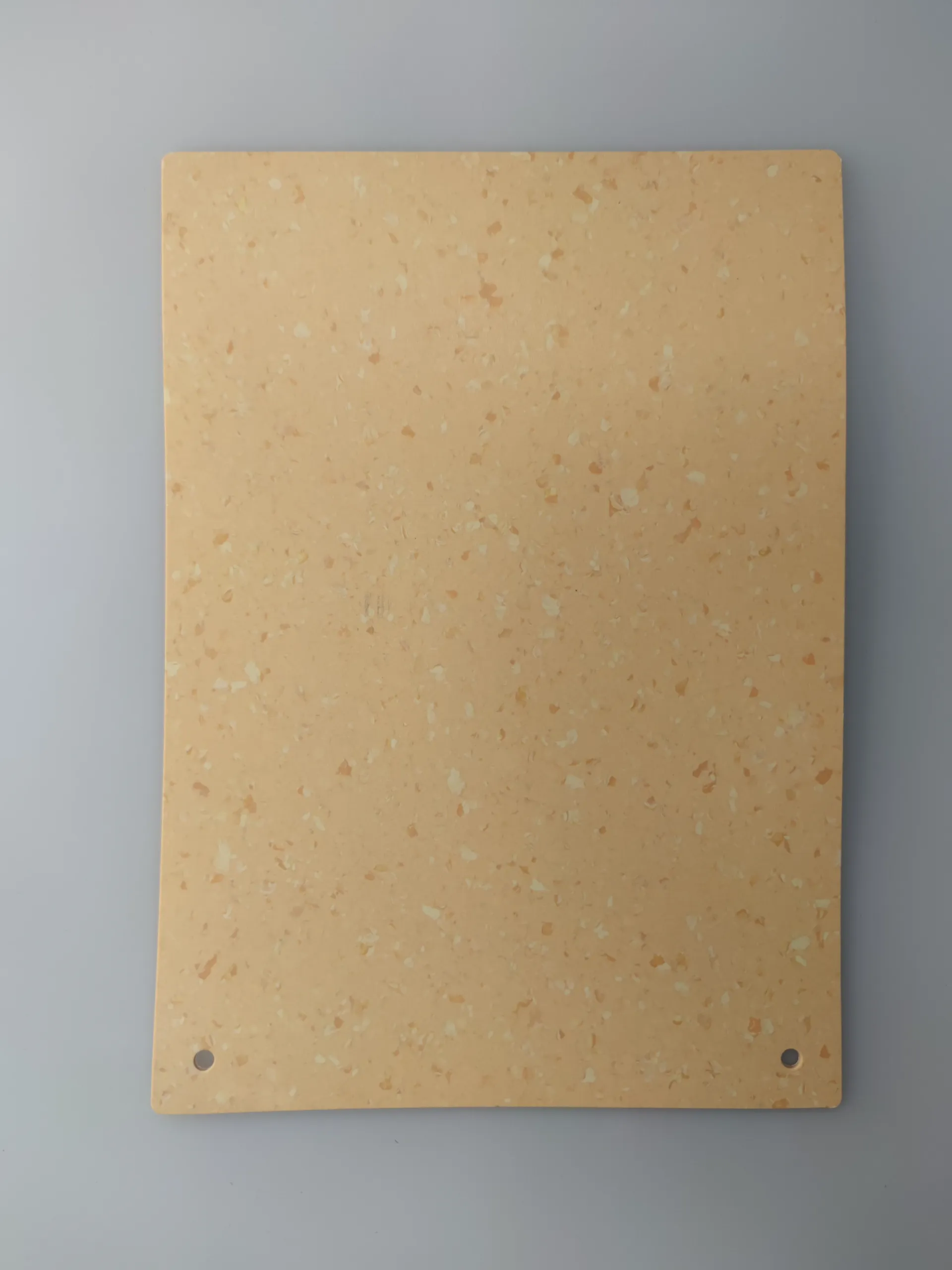commercial shop flooring
Choosing the Right Flooring for Your Commercial Shop
In the fast-paced world of retail, the flooring of a commercial shop plays a pivotal role in not only aesthetics but also functionality. A well-chosen flooring solution can enhance the shopping experience, ensure safety, and withstand the heavy foot traffic typical of commercial environments. In this article, we will explore the various flooring options available for commercial shops, highlighting their benefits and potential drawbacks.
1. Vinyl Flooring
Vinyl flooring is a popular choice for many retail environments due to its versatility and affordability. Available in a wide range of designs, colors, and textures, vinyl can mimic the appearance of natural materials like wood or stone while offering greater resistance to moisture and stains. Its cushioned surface provides comfort, making it an excellent option for spaces where employees may be standing for long periods.
One of the standout features of vinyl flooring is its ease of maintenance. Regular sweeping and occasional mopping will keep it looking new. However, it is essential to note that while vinyl is durable, it is not invulnerable; heavy objects can dent or scratch the surface, so care must be taken.
Laminate flooring is another cost-effective option that combines the appearance of hardwood with the practicality of synthetic materials. It consists of multiple layers, creating a strong and durable surface that can withstand the rigors of daily retail operations. Laminate is particularly appealing in commercial shops due to its resistance to scratches and fading.
However, one drawback of laminate is its sensitivity to moisture. In areas prone to spills, such as food or beverage shops, laminate may not be the best choice as it can warp and become damaged over time.
3. Tile Flooring
For businesses looking for a more upscale appearance, tile flooring is an excellent option. It comes in various materials, including ceramic and porcelain, offering a sophisticated look with endless design possibilities. Tile is incredibly durable and can handle heavy foot traffic, making it ideal for high-traffic retail environments.
commercial shop flooring

Additionally, tile is water-resistant, making it a suitable choice for areas where spills are common. Its cool surface can also be an advantage in warmer climates. However, the grout used between tiles can stain and requires regular maintenance to keep it looking pristine.
4. Carpet Tiles
Carpet tiles offer a unique blend of comfort and design flexibility for commercial shops. They can be easily installed over existing flooring, making them a practical choice for renovations. Carpet tiles come in numerous colors and patterns, allowing businesses to create a unique ambiance tailored to their brand.
One of the main benefits of carpet tiles is their ability to withstand foot traffic while providing sound absorption, which can be particularly important in busy retail environments. However, they can be challenging to clean, and stains from spills can be difficult to remove unless treated promptly.
5. Concrete Flooring
For a modern, industrial look, polished concrete is gaining popularity in many retail settings. It offers a unique aesthetic while being exceptionally durable and resistant to high traffic. Polished concrete is easy to clean and maintain, making it a practical choice for outlets that prioritize efficiency.
However, concrete can be cold underfoot and may require rugs or other materials for added comfort. It is also crucial to ensure that the surface is sealed to protect against stains.
Conclusion
Selecting the right flooring for your commercial shop is essential for creating an appealing and functional shopping environment. Each flooring option comes with its unique benefits and considerations, and the best choice depends on your specific needs, budget, and the overall brand image you want to project. Whether you opt for the elegance of tile, the practicality of vinyl, or the comfort of carpet tiles, the right flooring can significantly enhance the overall shopping experience for your customers. By investing in quality flooring, you not only improve the aesthetic of your shop but also contribute to the longevity and functionality of your space.
-
modern-interior-solutions-with-durable-pvc-material-skirtingAug.22,2025
-
elevating-outdoor-spaces-with-premium-wood-material-skirtingAug.22,2025
-
Waterproof Advantages of SPC Flooring Vinyl in KitchensAug.06,2025
-
SPC Hybrid Waterproof Flooring Thickness GuideAug.06,2025
-
Leveling Subfloor Before My Floor SPC InstallAug.06,2025
-
How Mesh Deck Skirting Improves Outdoor Pest ControlAug.06,2025




